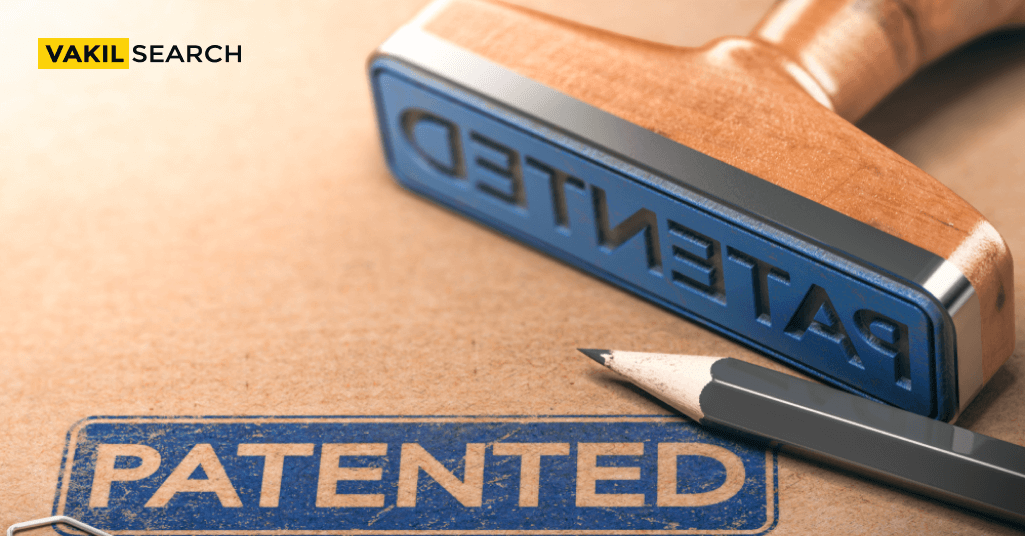Learn how to fully protect your intellectual property in India by understanding your rights and obligations as a patentee. Explore the limitations and potential for invalidation.
The Patents Act of 1970 is responsible for regulating patent law in India. The act defines the privileges and responsibilities of patentees in the nation. A patent is a government-sanctioned legal right bestowed upon an inventor for a limited period. This allows the inventor to prohibit others from manufacturing, using, vending, or importing the invention without their authorization. This piece will delve into the diverse rights and duties of Patentee in India.
Right to Exclude Others
The primary right granted to a patentee is the power to bar others from making, using, selling, or importing the invention without the patentee’s approval. This right is conferred upon the patentee for a restricted time frame, which is typically 20 years from the filing of the Patent in India application.
This exclusionary right is the foundation of the patent system, established to motivate inventors to unveil their discoveries to the public. In exchange for this disclosure, inventors are provided with a limited monopoly over their invention.
Right to License
The entitlement to issue a license is the lawful authorisation bestowed upon a person or entity to grant consent to utilise a certain product, service, or intellectual property. Typically, the possessor of the intellectual property, like a trademark or patent, confers this authority to another party who is then authorised to use the intellectual property for a designated period or purpose.
The ability to grant licenses is critical in numerous sectors, especially technology and entertainment. For instance, software firms might issue licenses to other companies to use their applications or programs, whereas music recording labels might permit their songs to be used by movie producers in their films. In such cases, the intellectual property owner reaps financial benefits from the license fees paid by the licensee.
The power to grant licenses also plays a crucial function in safeguarding intellectual property. By providing licenses, the proprietor can manage the use of their property and make certain that it is not utilised in a manner that breaches their rights. For example, a patent holder might give a license to a rival, authorising them to use their patented technology, but with particular limitations in place to prevent the rival from duplicating or reproducing the technology.
Right to Sue for Infringement
The Patentee in India can sue the infringer for damages if someone infringes on a patent. In order to establish infringement, the patentee must show that the infringing product or process falls within the scope of the patent claims.
If the court finds the infringement has occurred, the patentee may be awarded damages, including lost profits, reasonable royalties, and attorney’s fees.
Obligation to Disclose Information
One of the obligations of a patentee is to disclose information about the invention to the public. This is necessary to ensure that the public has access to the knowledge embodied in the invention, which can facilitate further innovation.
In India, patent applicants are required to disclose the best method of performing the invention, as well as any information that may be relevant to the patentability of the invention.
Obligation to Pay Maintenance Fees
In India, patentees must pay maintenance fees to keep the patent in force. The first maintenance fee is due at the end of the second year from the date of filing the patent application, and subsequent maintenance fees are due at the end of every year thereafter. Failure to pay the maintenance fees can result in the patent being revoked.
Obligation to Work the Invention
One of the unique aspects of Indian patent law is the obligation of the patentee to work on the invention. This means that the patentee must actively commercialise the invention in India by manufacturing the product themselves or licensing the invention to others. The purpose of this obligation is to prevent patentees from sitting on their patents and preventing others from making use of the invention.
If the patentee fails to work the invention within 3 years from the date of grant of the patent, or if the patentee discontinues working the invention for a period of more than 2 years, any interested party may apply to the Controller of Patents for a compulsory license to work the invention.
Click here to know more about Patent Registration Online
Conclusion
The rights and obligations of patentees in India are governed by the Patents Act, 1970. Patentees have the right to exclude others from making, using, selling, or importing the invention without the patentee’s permission, license the invention to others for a fee, and sue for infringement.
Patentees are also obligated to disclose information about the invention to the public, pay maintenance fees to keep the patent in force, and work on the invention in India actively. However, patentees must be aware of their rights and obligations under the Patents Act, 1970, and must take steps to ensure that their patents are valid and enforceable. By doing so, patentees can fully capitalise on the benefits of the patent system and protect their valuable intellectual property.
Vakilsearch is a legal service provider that can assist inventors in India with navigating the patent system and ensuring compliance with the Patents Act, 1970. Vakilsearch’s experienced team of patent attorneys and agents can provide expert guidance and support throughout the patenting process, helping inventors to capitalise on the benefits of the patent system in India.
Read more:

